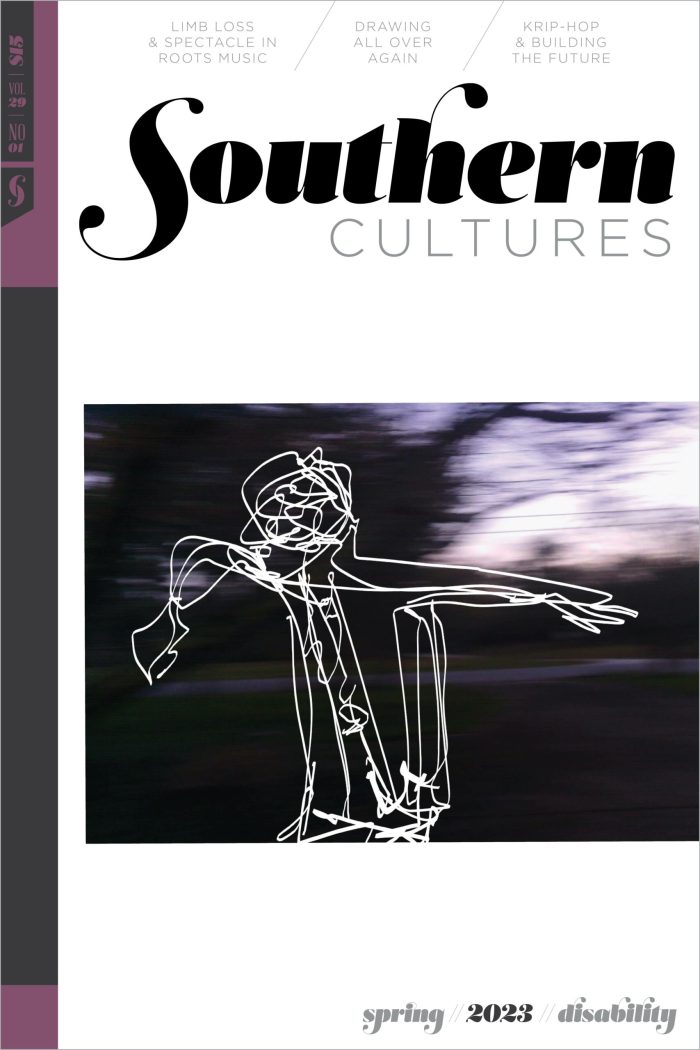“White medical professionals saw Black resistance to white supremacy as an exhibition of mental disability, extending a similar view of Black resistance during enslavement.”
The decades between 1880 and the opening years of the Great Depression brought about a period of profound change for all Americans. But improvements in the availability of social services, the increasing benevolence of the state, and multilayered forms of protection afforded many white Americans were lost on their African American counterparts. As African Americans moved into the second decade since emancipation, they faced the reality of hunger and poverty, the ever-present fear of violence, and a growing belief in the permanence of their second-class citizenship. Considering these truths, historian Rayford Logan argued that the period commonly referred to as the Progressive Era, in fact, constituted “the nadir of the Negro’s status in American society.” Understanding the toll that enslavement and white supremacy took on African Americans, Logan asserted that the unfulfilled promises of Reconstruction and stark reality of African American life constituted a new low deserving of attention.


